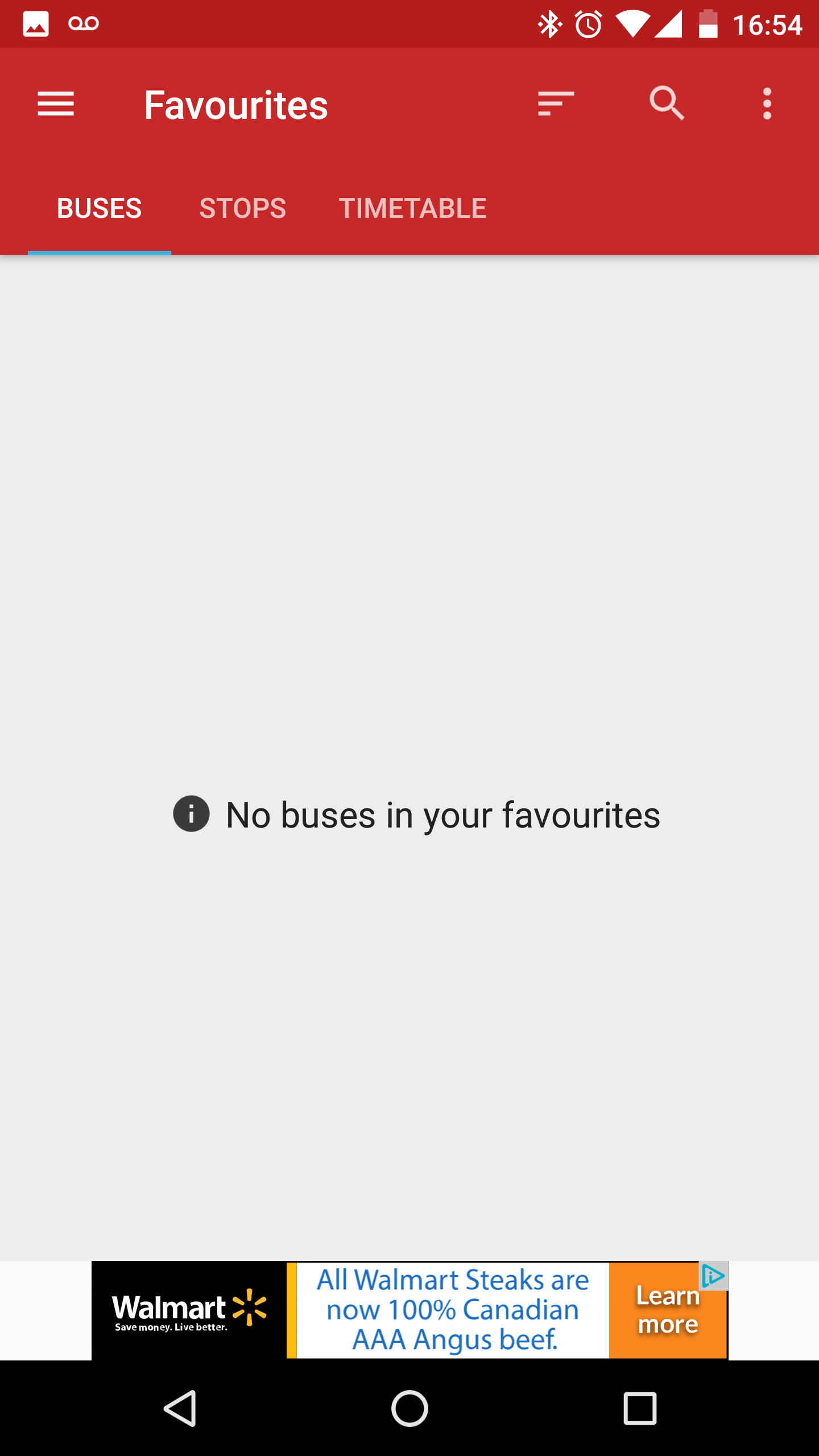Pi-hole is an awesome DNS server. Pi because it was designed to run on a Raspberry Pi and hole because that’s where advertisements DNS requests end up. Ad-blocking at the DNS level means that every device on my network is free from the majority of pesky ads, even mobile apps.
| ISP DNS (ads) |
Pi-hole DNS (no ads) |
 |
 |
Another advantage of DNS level blocking is that the data for the advertisement is never actually sent to the device, which dramatically speeds up web browsing. This becomes obvious when reading ad heavy news articles on mobile devices.
As a side note, I find it easy to morally defend ad-blocking. Advertising is a socially acceptable form of manipulation. I appreciate that I benefit from advertising as it funds many things I enjoy like YouTube. However I contribute directly to content creators via Patreon and I have the right and a duty to defend myself from propaganda.
Pi-hole is the DNS server for my home network as well as my VPN so I can pi-hole on the go. Things were going great, I was enjoying a faster and less annoying web experience… until I noticed something strange with YouTube’s recommendations. Every time I visited YouTube, it would recommend me the same videos, even after I had watched them. After a couple of weeks cursing YouTube, I discovered the problem. Pi-hole was eating requests to s.youtube.com which was feeding YouTube’s recommendation engine by tracking my viewing habits. s.youtube.com was quickly whitelisted and YouTube returned to normal.
I wrote this article incase anyone else was having this issue with YouTube/Pi-hole and to highlight some of the rare benefits of online tracking.
-----BEGIN PGP SIGNED MESSAGE-----
Hash: SHA256
- ---
title: Pi-holed Myself
author: Greg
layout: post
permalink: /2017/05/pi-holed-myself/
comments: True
categories:
- Tech
tags:
- Tech
- Youtube
- Pi-hole
- Machine Learning
- AI
- Raspberry Pi
licence: Creative Commons
- ---
[Pi-hole](https://pi-hole.net/) is an awesome DNS server. Pi because it was designed to run on a [Raspberry Pi](https://www.raspberrypi.org/) and hole because that's where advertisements DNS requests end up. Ad-blocking at the DNS level means that every device on my network is free from the majority of pesky ads, even mobile apps.
ISP DNS (ads) | Pi-hole DNS (no ads)
:-------------------------:|:-------------------------:
 | 
Another advantage of DNS level blocking is that the data for the advertisement is never actually sent to the device, which dramatically speeds up web browsing. This becomes obvious when reading ad heavy news articles on mobile devices.
As a side note, I find it easy to morally defend ad-blocking. Advertising is a socially acceptable form of manipulation. I appreciate that I benefit from advertising as it funds many things I enjoy like YouTube. However I contribute directly to content creators via [Patreon](https://www.patreon.com/) and I have the right and a duty to defend myself from propaganda.
Pi-hole is the DNS server for my home network as well as my VPN so I can pi-hole on the go. Things were going great, I was enjoying a faster and less annoying web experience... until I noticed something strange with YouTube's recommendations. Every time I visited YouTube, it would recommend me the same videos, even after I had watched them. After a couple of weeks cursing YouTube, I discovered the problem. Pi-hole was eating requests to `s.youtube.com` which was feeding YouTube's recommendation engine by tracking my viewing habits. `s.youtube.com` was quickly whitelisted and YouTube returned to normal.
I wrote this article incase anyone else was having this issue with YouTube/Pi-hole and to highlight some of the rare benefits of online tracking.
-----BEGIN PGP SIGNATURE-----
iQIzBAEBCAAdFiEESYClA57JitMYg1JBb8nUVLEJtZ8FAmIc1zgACgkQb8nUVLEJ
tZ/fyQ//TGShFhBWhgnNdol8JANnOLI9e5D57D3NSxevLrPzhv9lXctqm1OvnfU9
MPjy7//J9FdtA3CxqV0ovmdZNqUo4xs+vsGf3CAdgxTo9dJxPqYoqiLvF3daSQ2y
9WLzp30cwGTqIwzJuTF/JOtplh1R8IrVGs9k3FYinXnNxQFu1tiJd6go4XaEcxW7
la2MNFmqndztDJDOoKAtqVxHi/Xa3KWJwVJ5xMgkLkk/+3ik8qxXhya1u+tDB7e6
7sbrgZvGRzGuaeiLaPEXSXkepkSjkWD8lZjkAtft3yvbo6jEJzpk2O5UHpTwwVlw
Ai934qKOnsz2Va4WiI56Vb8kNmVxwhCK+0y/J2hd5pSA+Kxa4Ij2u0WCf9B7ic10
yAKN/qbSEHAHpfr3I9YPFSg5rccvHpeIu6oy0QL6GqPHPfhvMM79dNCkVQRaRMby
ROLLT2UZiJTMCfrqWoR3pISE85Q1RjHh9tnWaw3W//syjNOUxQFbvbo3iKjYz8Zy
6BLM4J8HmG5sDpm8gKBigN2eQzx+I0sciHvS0jORe0fykDf7c3vT8ZCzNJznn4sT
mUQhRBGy4LRYG9C3TT+uJaS3DDl9W/YYgEYngJuQH5IYFsj6hUSByGbjpAn6ltqZ
VJAYhMJGcWHqh5I7FiyfDDX+GF3zVwRCNxMTs/E/TQJFtaeMjfM=
=4KEI
-----END PGP SIGNATURE-----
Tags:
Tech, Youtube, Pi-hole, Machine Learning, AI, Raspberry Pi

